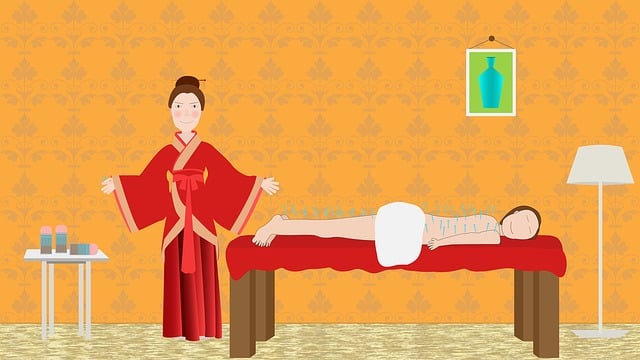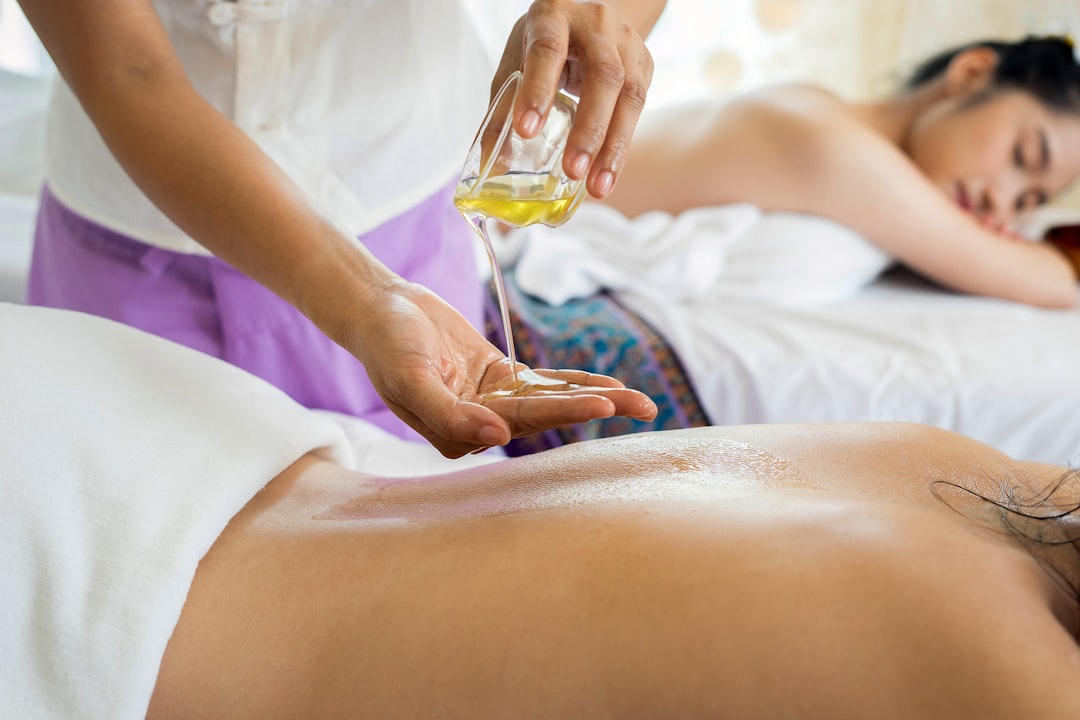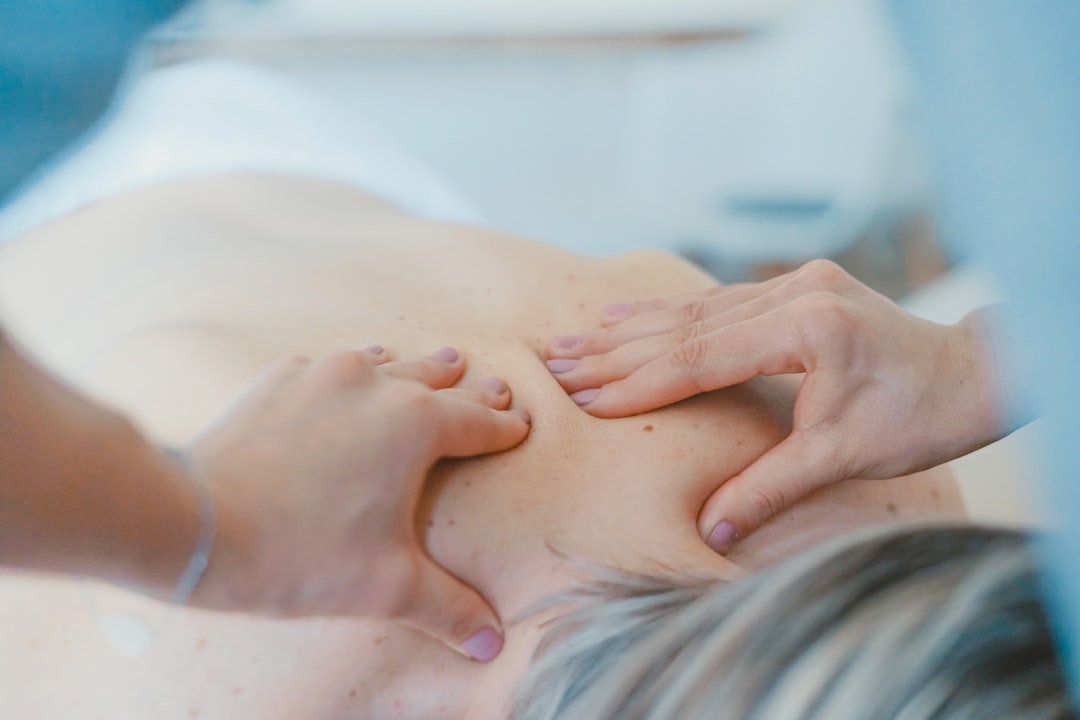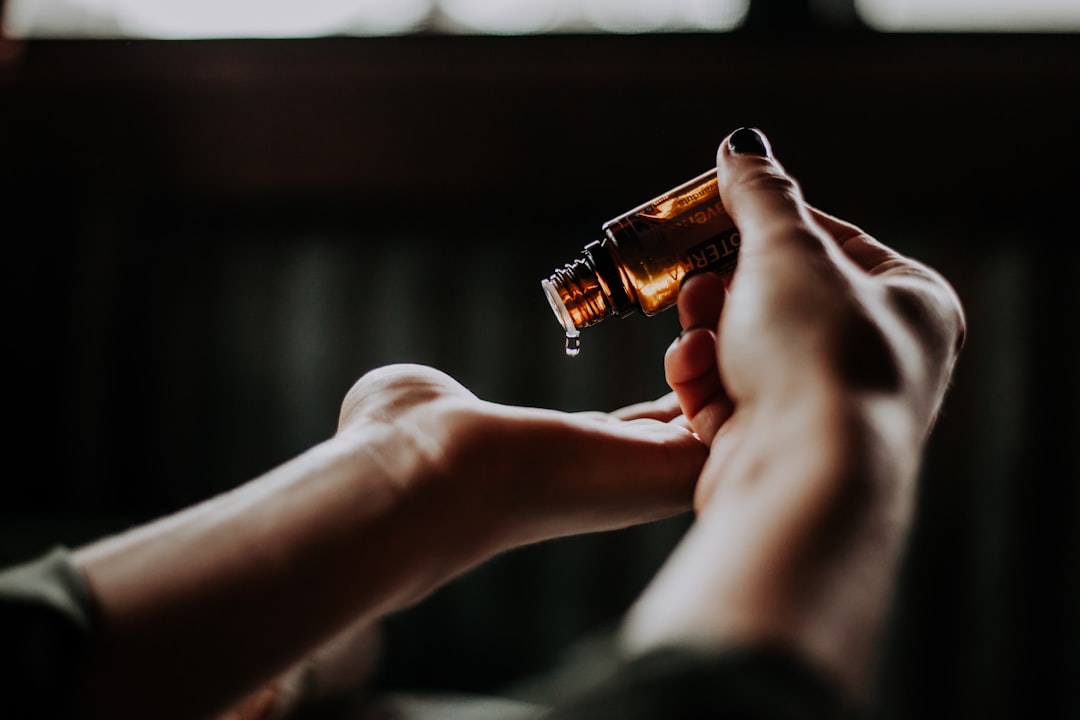Massage spas in New Jersey, while offering therapeutic services, pose risks of STD transmission due to direct skin-to-skin contact, shared facilities, and communal spaces. Victims may have legal grounds against spas or therapists through negligence claims with the help of a massage abuse law firm in New Jersey, which takes such cases seriously. The state's strict regulations address professional misconduct and patient safety, empowering victims to seek justice, financial redress, and raise awareness to deter future incidents. Proactive medical attention is crucial for early STD detection to prevent long-term health issues.
In New Jersey, the intersection of sexual health and wellness practices presents unique challenges. This article explores the often overlooked issue of STD transmission within the massage spa industry and the legal rights of victims. With a focus on the state’s legal frameworks, we delve into how these regulations protect against massage abuse and its potential long-term health implications. Understanding these risks is crucial for both consumers and legal professionals at New Jersey-based massage abuse law firms.
Understanding STD Transmission and Massage Spa Risks in New Jersey

In New Jersey, understanding the risks associated with STD transmission in massage spas is crucial. These establishments, known for their therapeutic and relaxing services, can inadvertently become hotspots for sexual health concerns due to the intimate nature of the treatments. Common practices like direct skin-to-skin contact, use of communal facilities, and shared spaces increase vulnerability to sexually transmitted diseases (STDs). Massage abuse law firms in New Jersey highlight these risks, emphasizing the importance of informed consent and proper hygiene protocols for both clients and massage therapists.
The legal implications of STD transmission in massage spas are significant. Many states, including New Jersey, have strict regulations regarding sexual health education, reporting, and consent. Victims of massage abuse, if exposed to STDs, may have legal recourse against the spa or therapist through negligence claims. A qualified massage abuse law firm in New Jersey can guide affected individuals through these complex matters, ensuring they receive the necessary medical care and justice for any harm suffered.
Legal Frameworks and Rights for Victims of Massage Abuse

In New Jersey, massage abuse is taken seriously, with legal frameworks in place to protect victims and hold perpetrators accountable. If you’ve experienced sexual misconduct or STD transmission during a massage therapy session, there are specific laws that can help. A massage abuse law firm in New Jersey can guide victims through the process of seeking justice and compensation.
The state’s statutes address professional misconduct and patient safety, providing avenues for reporting and legal redress. Victims may be entitled to civil lawsuits against spas or therapists who engage in sexual harassment, assault, or negligence, resulting in STD transmission. These cases not only provide financial relief but also serve as a crucial tool to raise awareness and deter similar incidents.
Health Implications and Long-term Effects of Undiagnosed STDs

Undiagnosed sexually transmitted diseases (STDs) can lead to a range of serious health complications, especially when left untreated for extended periods. In New Jersey, where massage spa abuse cases have been on the rise, this becomes an urgent matter. Many survivors of sexual assault or abusive situations may not immediately recognize the signs of an STD, leading to delays in treatment. During this lag period, STDs like chlamydia, gonorrhea, or HIV can advance, causing permanent damage to reproductive organs, increasing the risk of infertility, and even contributing to life-threatening conditions.
Long-term effects can also include chronic infections, painful sexual encounters, and psychological trauma. A massage abuse law firm in New Jersey highlights these concerns, emphasizing that early detection is key. Survivors should seek medical attention promptly and be proactive about testing and treatment to mitigate these long-lasting impacts. This proactive approach not only promotes individual healing but also contributes to public health by reducing the transmission of STDs within communities.






